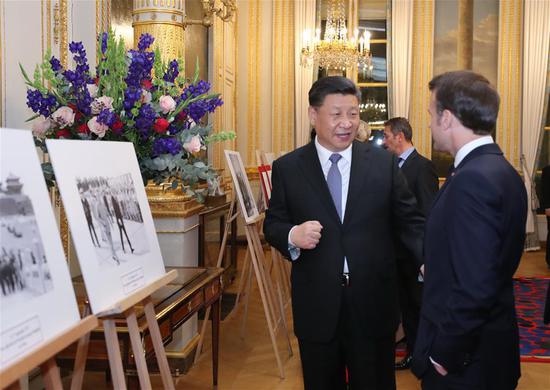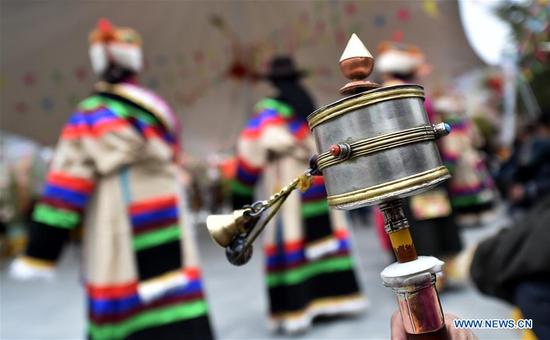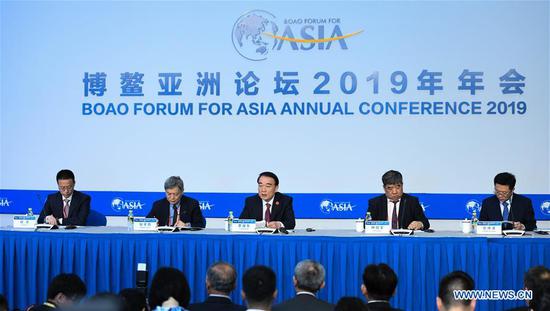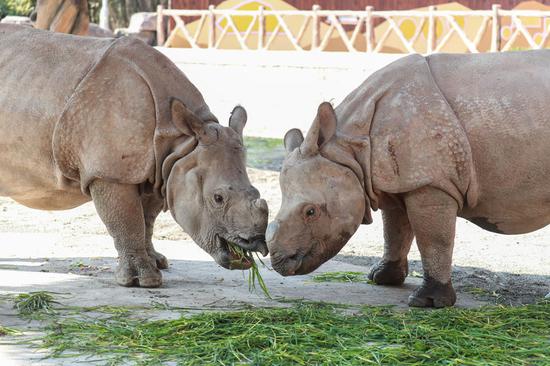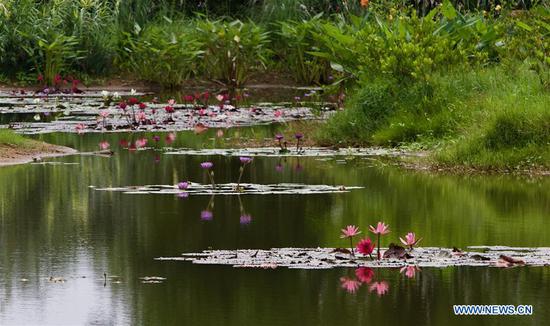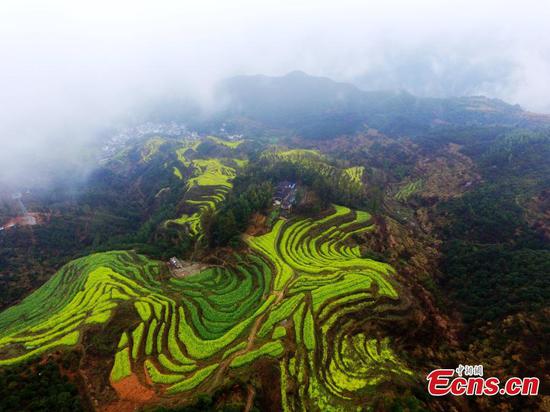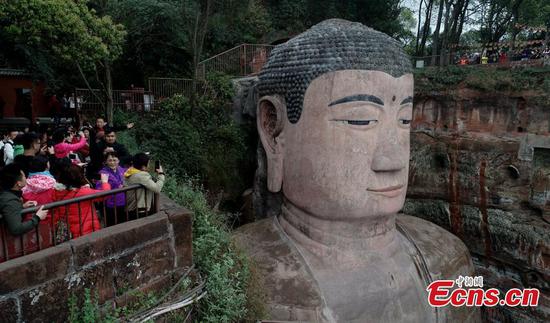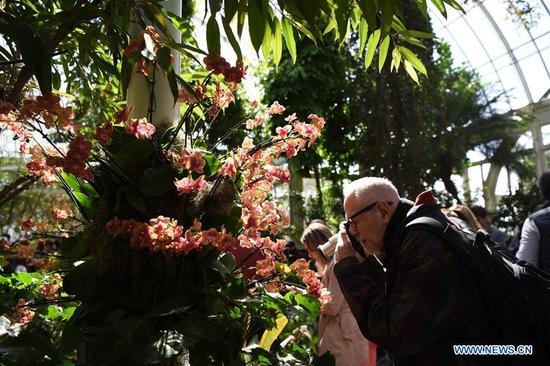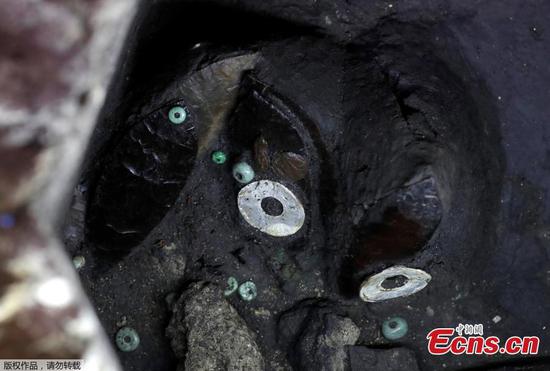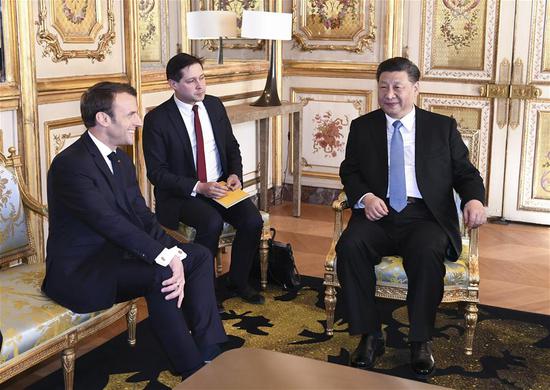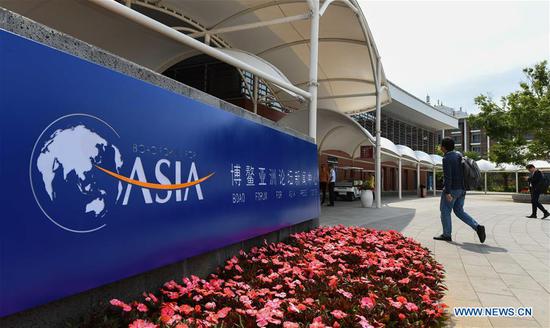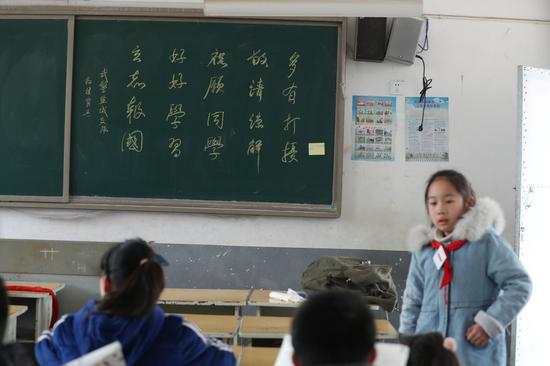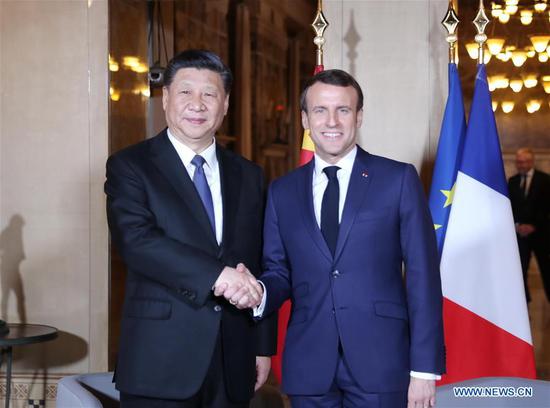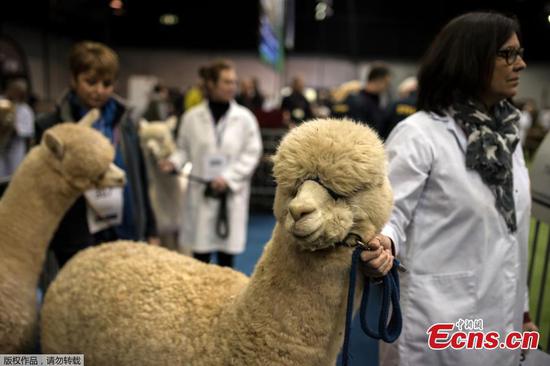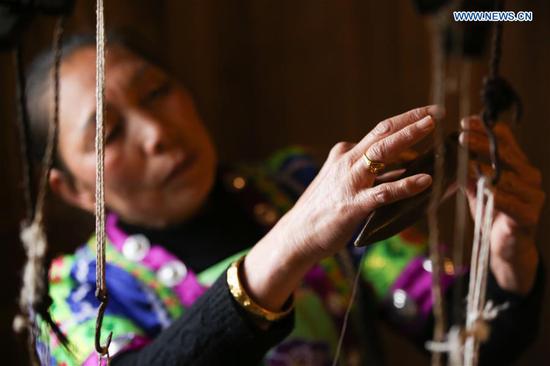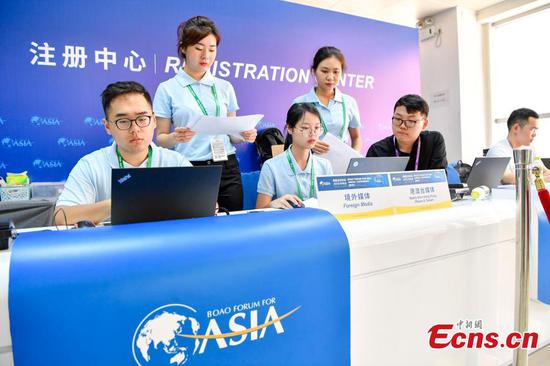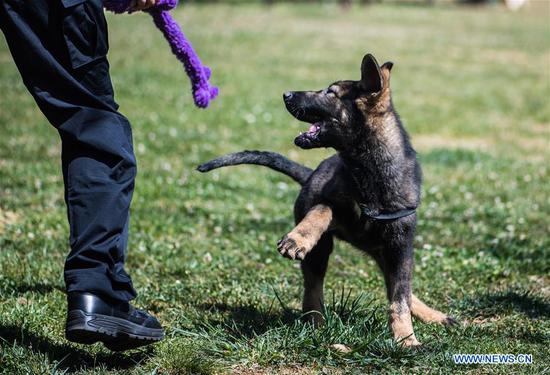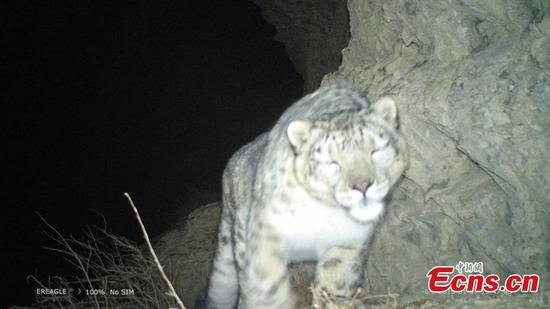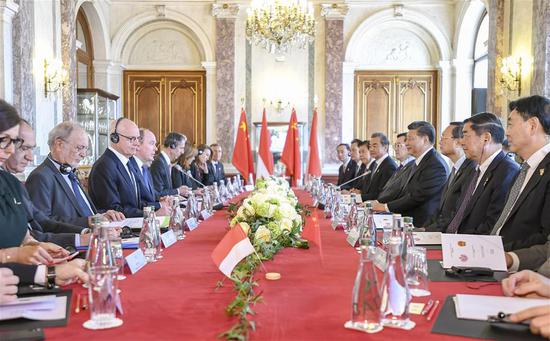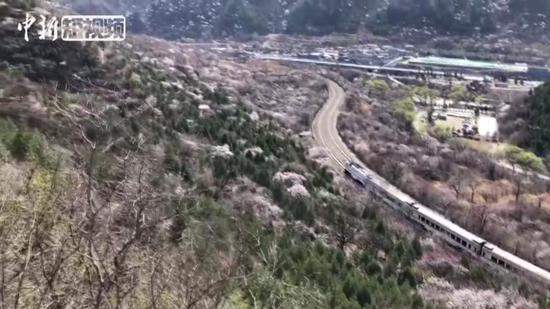
Zhengzhou customs officers display two leopard furs that they confiscated in a 2011 crackdown on smuggling of are wild animal products. The two furs, found in an undeclared parcel from Senegal, were worth 120,000 yuan ($19,280). (Photo provided to China Daily)
Annual Asian traffic of $23 billion is often embedded in legitimate activities
Ministers from the 10-nation Association of Southeast Asian Nations have agreed to strengthen the fight against the multibillion-dollar illegal wildlife trade, with conservation groups and analysts welcoming what they say is an important step to stem major crimes.
The member states-Brunei, Cambodia, Indonesia, Laos, Malaysia, Myanmar, Philippines, Singapore, Thailand, and Vietnam-pledged to boost global and regional wildlife trade policy, tighten law enforcement and curb poaching and wildlife cybercrime.
The ministers made the commitment in a joint statement at the end of a two-day meeting in Chiang Mai, northern Thailand, last week.
Ivonne Higuero, secretary-general of the Convention on International Trade in Endangered Species of Wild Fauna and Flora, or CITES, commended Thailand for "its strong leadership as the 2019 Chair of ASEAN, and the member states of ASEAN for their strong commitment to tackle wildlife crime through collaborative actions".
"This is exactly what is needed, strong regional cooperation and sound national and regional strategies," she said.
Asia remains a source, transit and consumer region in an illegal wildlife trade said to be worth in excess of $23 billion a year, according to the United Nations Office on Drugs and Crime, which has described wildlife trafficking as a "transnational organized environmental crime which drives species to extinction".
"Equally important is strong collaboration across source, transit and destination countries, to ensure that criminal activities along the entire enforcement chain are addressed and neutralized, from source to final destination," Higuero said in a statement.
Bussara Tirakalyanapan, senior research and development officer with Freeland Foundation, a U.S.-funded nonprofit organization which fights illegal trade in wildlife, welcomed the commitment from ASEAN.
General Surasak Karnjanarat, Thailand's Minister of Natural Resources and Environment, said "extensive collaboration" with international, regional, national, provincial and local government levels will be as crucial as the actions from sectors such as nongovernmental organizations, academia and civil society.
Unlike other illicit commodities, the illegal wildlife trade is often embedded in legitimate trade, making it difficult to detect, according to the UN agency.
The practice frequently converges with other serious crimes and is fueled by corruption, fraud, lax regulation and poor law enforcement, it said.
Too often, law enforcement efforts within the region target just low-level offenders, leaving high-level criminal entrepreneurs and their networks unharmed and profitable, according to the agency. Penalties for environmental crimes are also often weak and legal frameworks require reform in many jurisdictions in the region, it said.
'Encouraging move'
Richard Thomas, global communications coordinator for Traffic, a nongovernmental organization monitoring illicit trade in wild animals, said the situation in Southeast Asia is still serious.
"I think an important point to make is it's extremely encouraging to see that Thailand, in its capacity as overall chair of ASEAN for 2019, has chosen wildlife trafficking (along with marine debris) as one its two priority environmental issues for raising profile," he told China Daily.
Forests across the region are under siege from illegal felling while the wildlife they harbor is being systematically plundered by poachers, often for the exotic wild meat trade, Thomas said.
Malaysia recently issued a strongly worded statement pledging to take firm action against poachers and related traders who are wiping out one of its national symbols, the Malaysian tiger.
In Thailand, the Chatuchak Market is still seen by many as a significant destination for illicitly sourced wildlife. Reptiles, including star tortoises from South Asia as well as plowshare and radiated tortoises from Madagascar, have been seized in the country, usually smuggled in by air.
Against this relentless pressure on natural resources, Thomas said there are some positive signs of meaningful action in the region.









